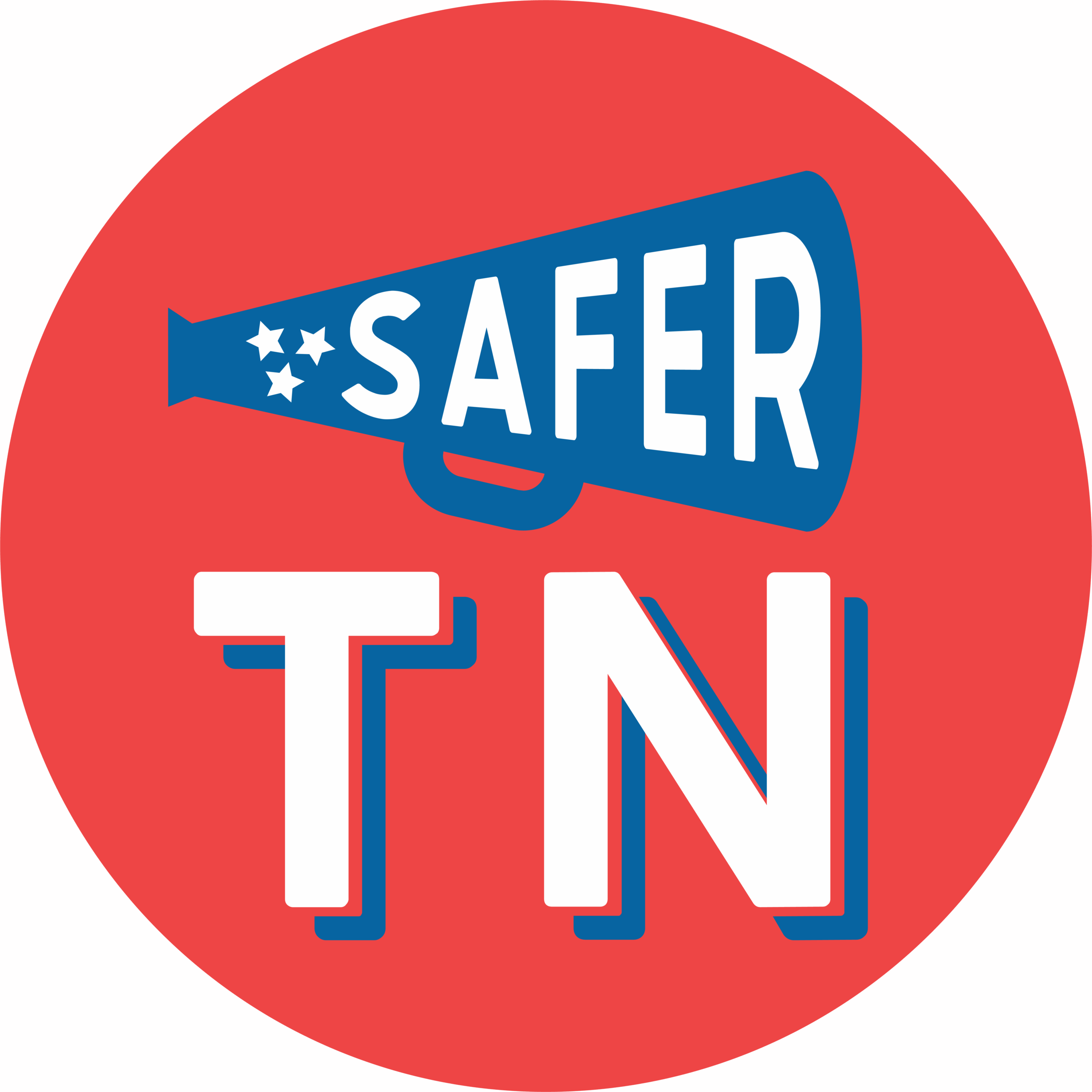Jan. 9, 2025 — With the Tennessee General Assembly set to convene on Jan. 14, Voices for a Safer Tennessee hosted a legislative learning session at Belmont University on Wednesday to help Tennesseans understand the legislative process and advocate for safer communities. The event featured former Tennessee lawmakers Rep. Sam Whitson (R-District 65) and Sen. Lowe Finney (D-District 27), joined by Safer TN Policy Director Erin Rogus.
The panelists discussed key legislative topics, including how to advance firearm safety policies, effectively engage with lawmakers, and navigate the lawmaking process.
Sen. Finney encouraged building coalitions around shared priorities to create meaningful change.
“The better meetings are those where you sit down at a conference table and see a cross-section of constituents who, at first glance, you might not have known were working together,” he said. “Maybe a sheriff’s deputy, a mental health counselor, a school counselor, a physician, and a university president. ‘We are here in your home district telling you what we think is important this year.'”
Rep. Sam Whitson emphasized the importance of respectful communication with legislators.
“When you talk to folks, you can find shared interests and concerns to build upon,” said Whitson. “It’s important to be polite and make your emails personal.”
Safer TN Policy Director Erin Rogus highlighted recent legislative wins, including the enactment of HB1600, Jillian’s Law, and increased budget funding for Tennessee’s background check system. Rogus also noted Safer TN’s defensive efforts last session, which successfully blocked a bill allowing permitless open carry of loaded long guns.
Looking ahead, Whitson acknowledged the challenges of legislative advocacy, noting that some of the work involves preventing harmful policies. Meanwhile, Finney shared a hopeful yet realistic outlook:
“There’s a certain stick-to-it-iveness, as my grandmother would say. Change takes time, hard work, and persistence.”
The event, attended by more than 100 participants both in person and online, also highlighted strategies to reduce firearm tragedies, such as promoting secure firearm storage and expanding access to mental health care.







